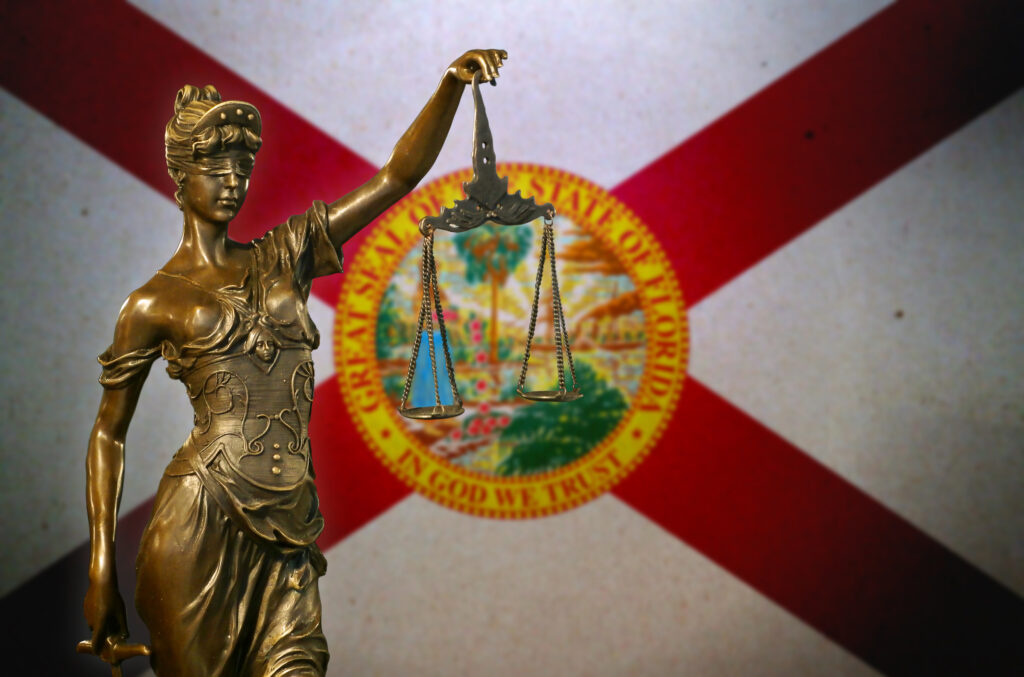Louisiana is poised to become the latest state, after Wisconsin and Montana, to bring the secretive third party litigation funding (TPLF) industry out of the shadows. The legislature recently passed SB 196, which, among many important reforms, would require the disclosure of TPLF agreements in all civil cases before Louisiana courts, in instances of contingent interest in the outcome of the case or when a funder has the right to receive sensitive information that impacts national security. The bill also requires class representatives in funded cases to disclose funding relationships to all parties in the litigation, including class members. The bill now heads to Gov. John Bel Edwards’ desk for signature.
TPLF is a multibillion-dollar global industry that allows hedge funds and other financiers to invest in lawsuits and law firms and potentially control litigation in exchange for a cut of any award or settlement. Since there are few disclosure requirements, defendants, judges, and often even plaintiffs don’t know if a case has outside funding. Mandatory disclosure rules will help determine whether funders are exercising undue influence, violating ethical rules, or creating conflicts of interest.
Due to the secretive nature of TPLF, anyone could be investing in lawsuits against Louisiana businesses and consumers, including foreign governments. A recent ILR report, A New Threat: The National Security Risk of Third Party Litigation Funding, highlighted a growing concern that foreign-sourced money could be funding U.S. litigation against American companies, including defense and other sensitive industries. Louisiana is clearly taking this issue seriously by advancing legislation that specifically requires disclosure of arrangements that could give funders access to proprietary or national security information.
Louisianans should contact Gov. Edwards and tell him to sign SB 196 into law to protect the state’s court system against the troubling aspects of the litigation funding industry.
Tell Gov. John Bel Edwards: Protect Louisiana Courts from Outside Investors and Foreign Influence


